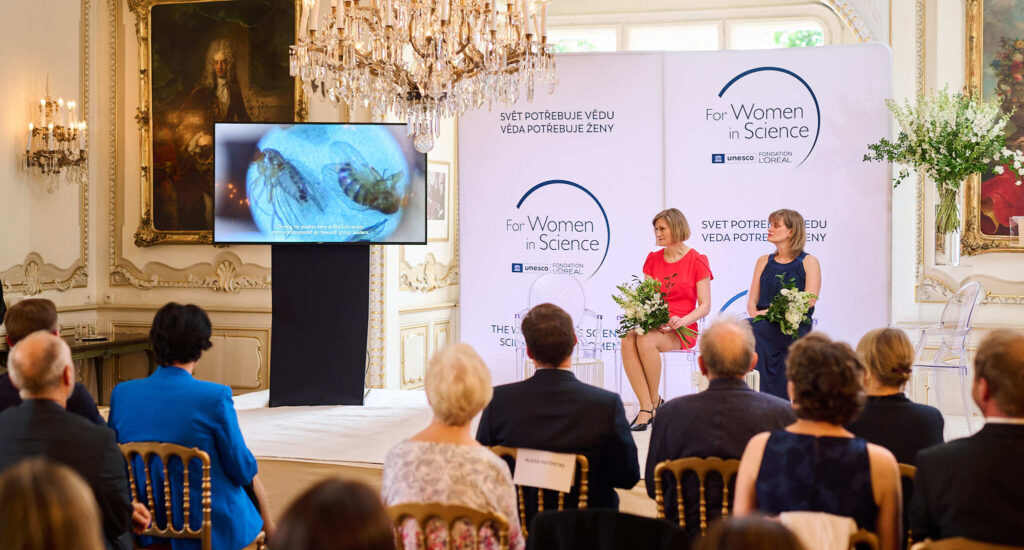14 August 2023

The L'Oréal-UNESCO For Women in Science talent program supports talented female scientists and raises awareness of the importance of gender equality in science and research and to inspire other women to pursue scientific careers. Since the launch, 47 promising scientists have become part of the L’Oréal-UNESCO For Women in Science network.
Our brain is constantly bombarded with information. It has to filter out the unimportant ones, otherwise it would be overwhelmed. It uses habituation, a simple form of learning that allows you to get used to repetitive, meaningless stimuli. Defects in habituation contribute to disorders, such as autism or intellectual disability. These disorders are largely genetic, but exactly how genes control habituation is not known. In my research, I am trying to find out with the help of the fruit fly. Due to its great genetic similarity to humans, the fruit fly allows us to study up to hundreds of different genetic causes of these disorders. My goal is to find out how genetic defects cause a habituation disorder, what processes in the brain they affect, and to use the acquired knowledge for the treatment of individuals with these disorders.
Michaela Fencková – Faculty of Science, University of South Bohemia in České Budějovice

